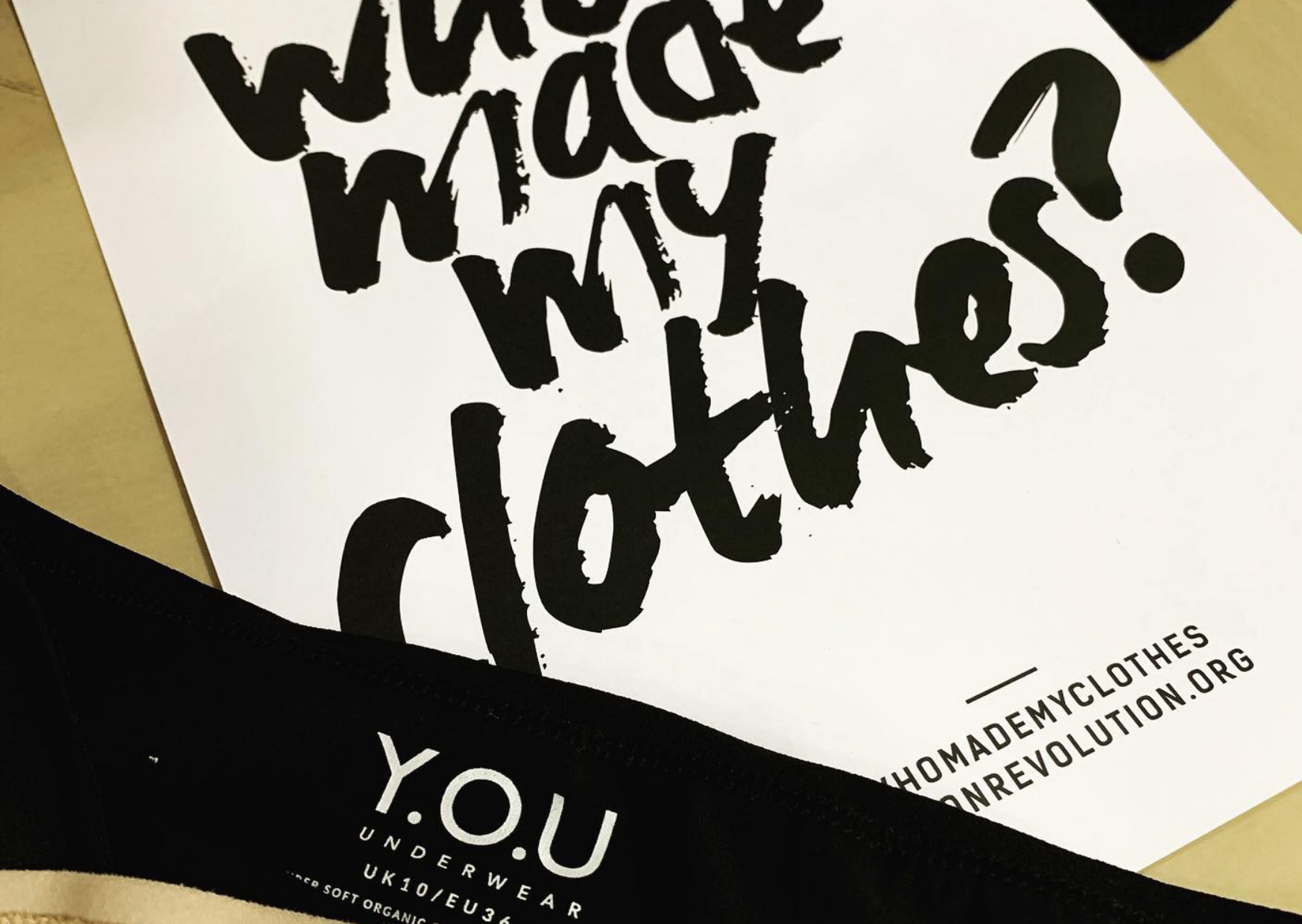
How Does Fast Fashion Impact Garment Workers?

In the lead up to International Women’s Day on 8th March 2021, we thought we’d explore the issue of fast fashion through the lens of women garment workers.
A number of commentators have argued that the global fast fashion industry has helped to pave the way towards women’s empowerment by providing employment opportunities. However, rather than seeking to empower their women workers, many clothing factories take advantage of women’s unequal social position to exploit them in dire working conditions, in order to compete in the global market for cheap clothes.
Some interesting facts about women and fast fashion
-
Women make up approximately 80% of all garment workers [Labour Behind the Label].
-
93% of brands surveyed by The Fashion Checker aren’t paying garment workers a living wage.
-
68% of fast fashion brands don’t maintain gender equality at production facilities [2019 Ethical Fashion Report].

[Image: Fashion revolution]
There are a host of poor work practices in many factories supplying some of the world’s largest fashion brands. According to Fashion Revolution, it’s common for garment workers to work 60-140 hours of overtime per week, and it’s also common to be cheated out of overtime pay.
“Women can be made to dance like puppets, but men cannot be abused in the same way. The owners do not care if we ask for something but demands raised by men must be given some consideration. So they do not employ male workers” – female Bangladeshi garment worker (via Labour Behind the Label).
In addition to poor pay and employment rights, these women often face sexual harassment, abuse and bullying in the workplace. Earlier this month, it was reported that a worker at a H&M factory was killed after months of harassment.
What impact has COVID-19 had?
During the Coronavirus pandemic, the issue of adequate pay for garment workers came to the fore. In March 2020, dozens of global brands refused to pay for goods that had already been ordered and made, to an estimated value of $40 billion. As a direct result of these cancellations, millions of garment workers were laid off without pay – and a significant proportion of these were women.
The #PayUp Campaign was launched in March 2020 in response to these issues. You can read more about their efforts to unlock these unpaid contracts here.
What can we do?

There are plenty of things that consumers can do as individuals to help move away from the fast fashion model and the negative effects it has on female garment workers:
-
Make ethical/sustainable shopping choices. We’ve put together some great top tips on how to avoid fast fashion, even if you’re on a budget! There are so many ways you can make your wardrobe more sustainable on a budget, and plenty of reasons why sustainable fashion doesn’t have to be expensive.
-
Ask questions: Not sure where a brand manufactures its products? Ask them! Make sure you trust the brands you decide to shop with. Ask them, #WhoMadeMyClothes?
-
Check out this great guide from Fashion Revolution about how to get involved in the movement!
If you're interested in finding out more about Y.O.U Underwear's manufacturing process and supply chain, check out our introduction to our manufacturer which talks in detail about its SA8000 Certification and what this means for individual garment workers.





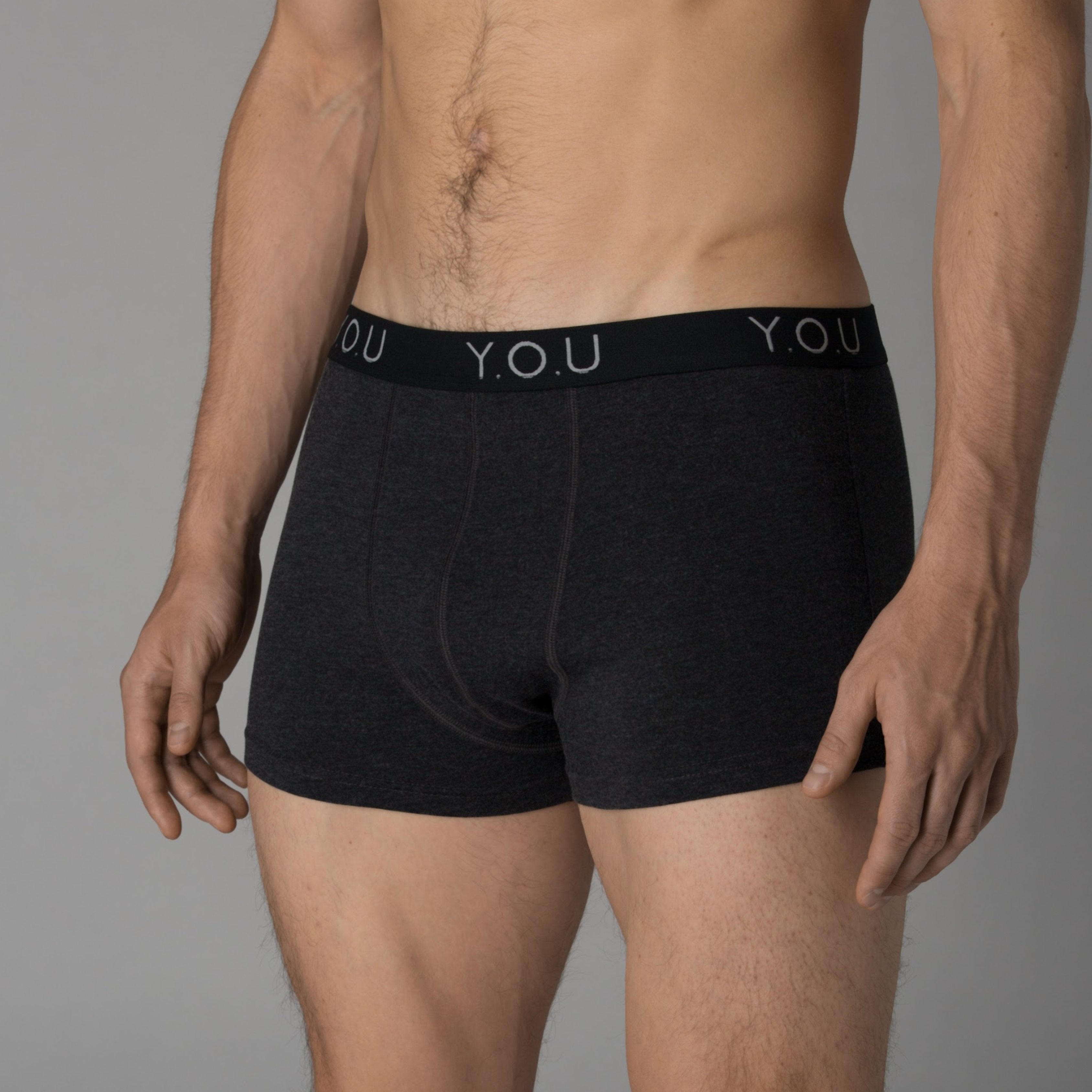
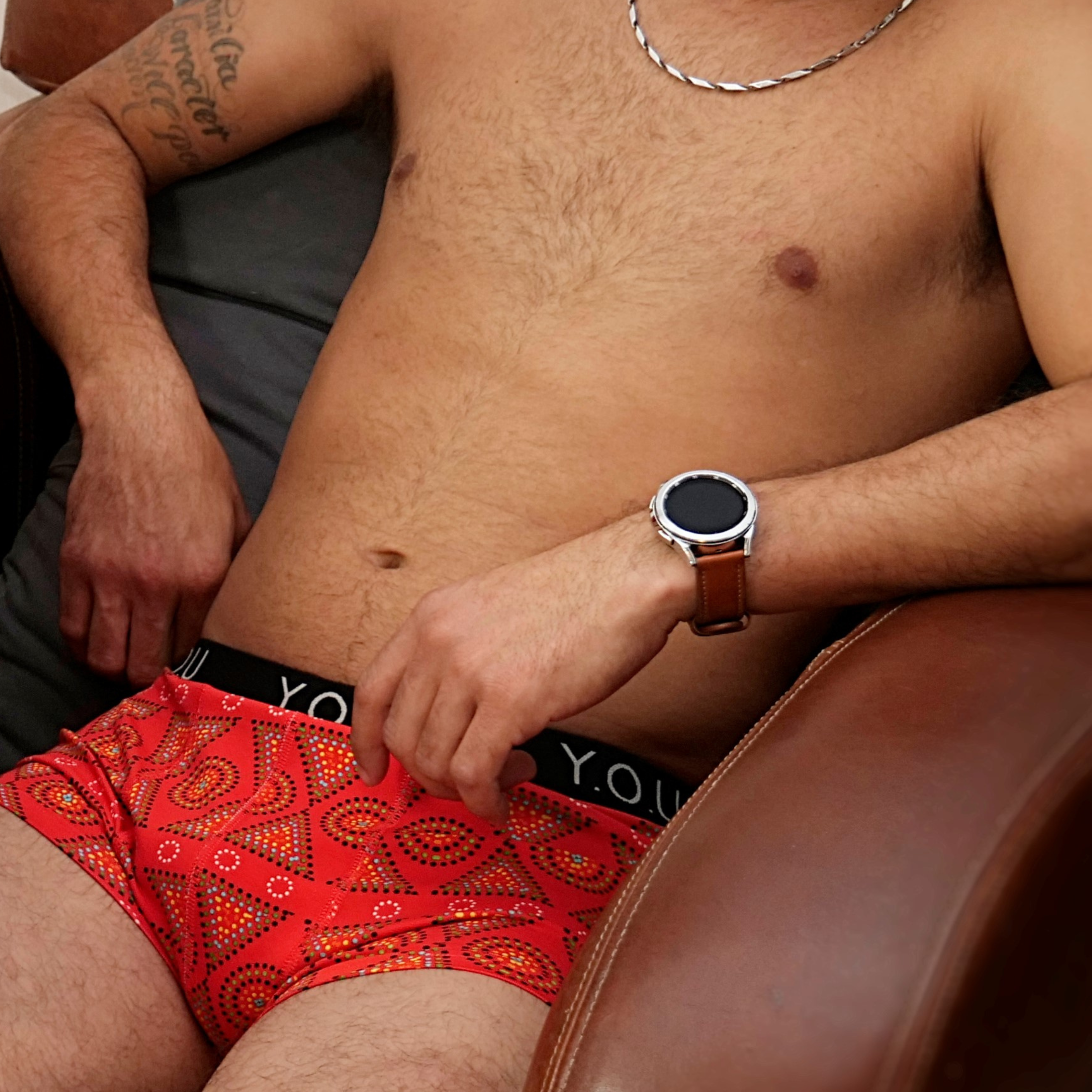



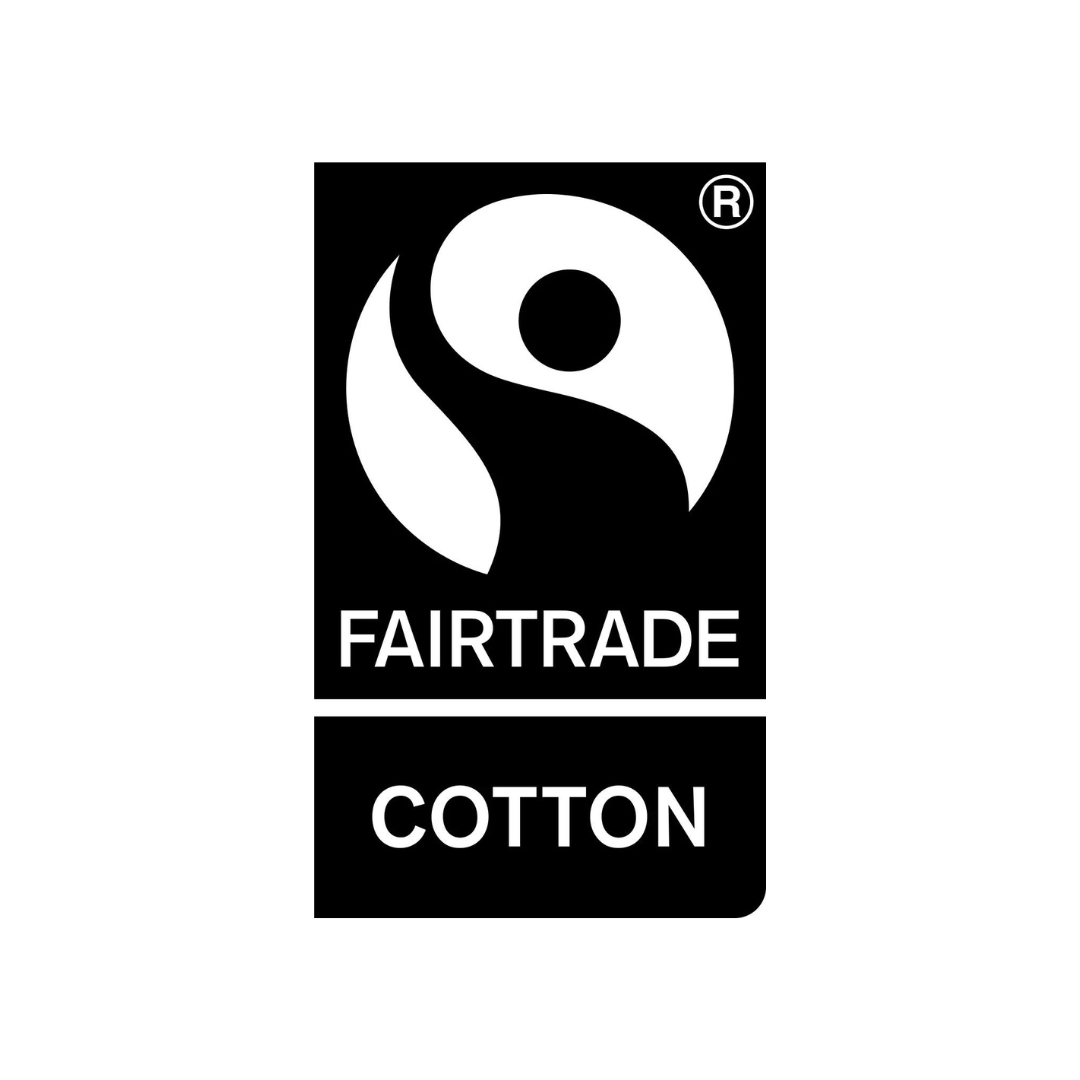
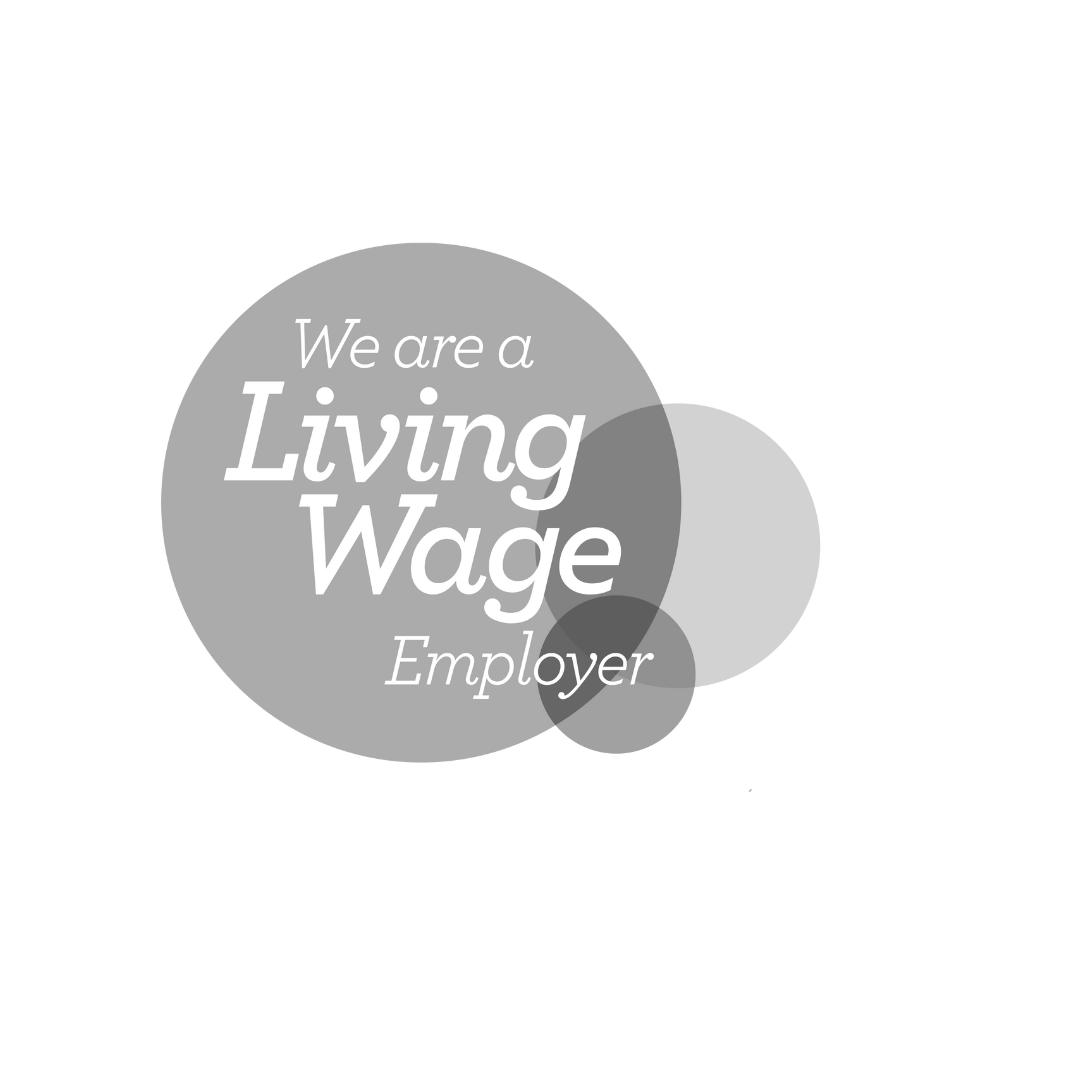


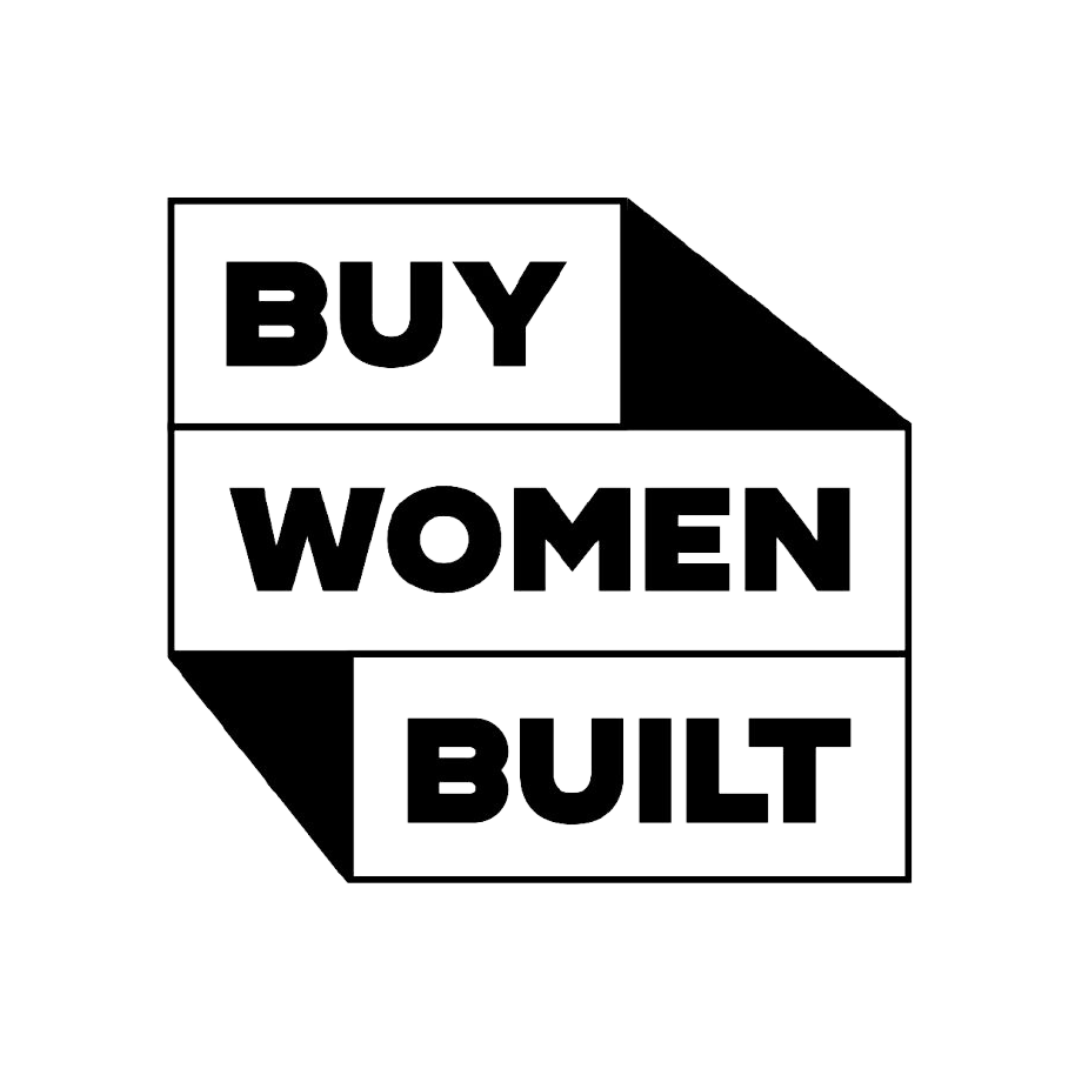
Leave a comment
This site is protected by hCaptcha and the hCaptcha Privacy Policy and Terms of Service apply.